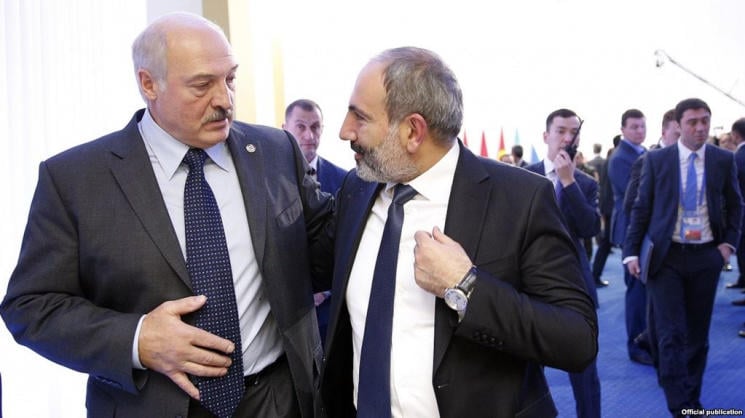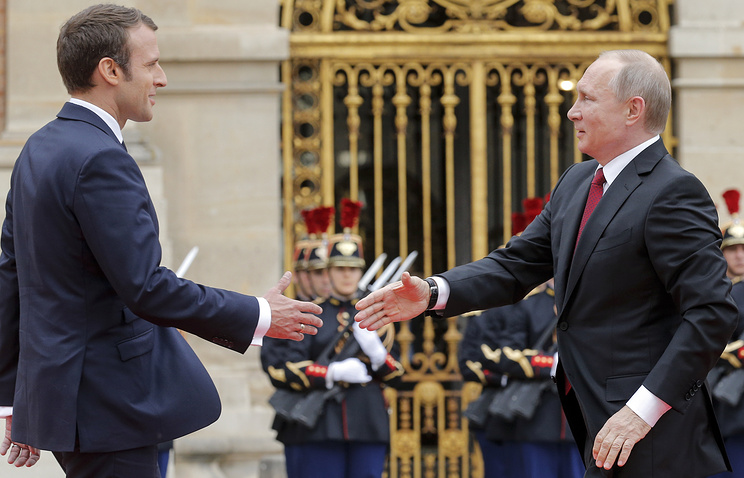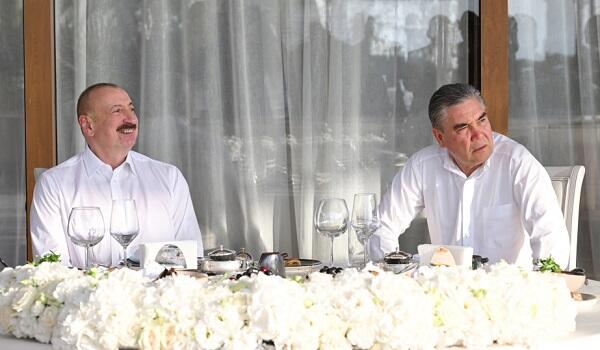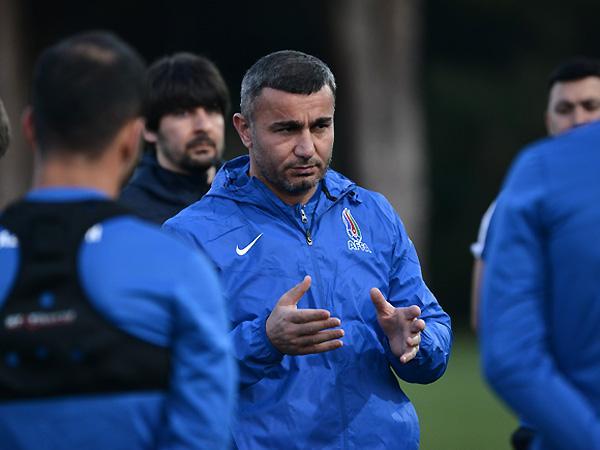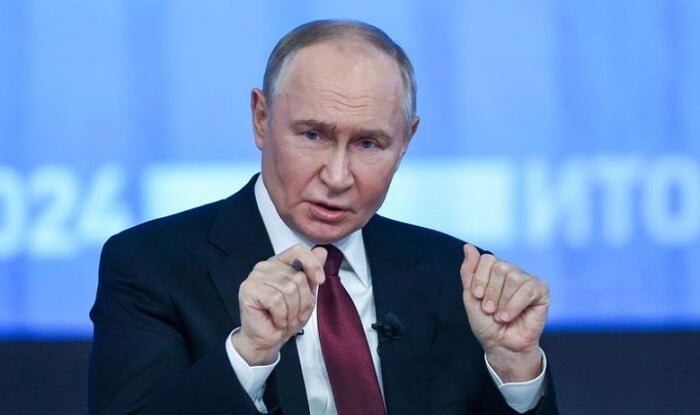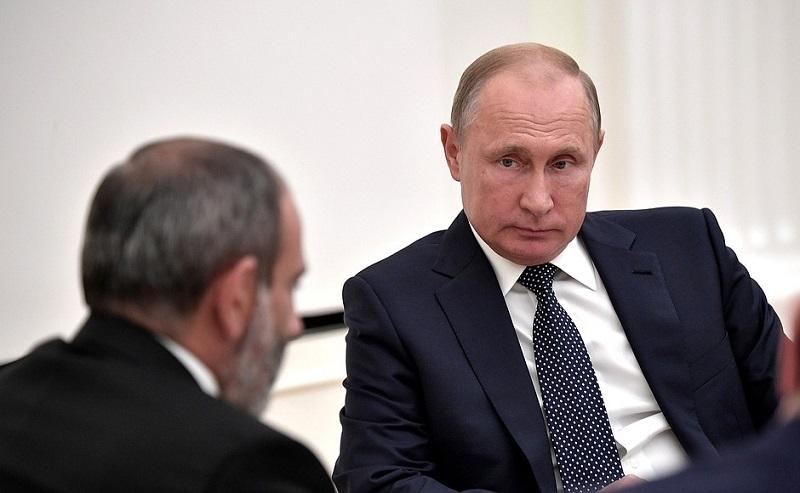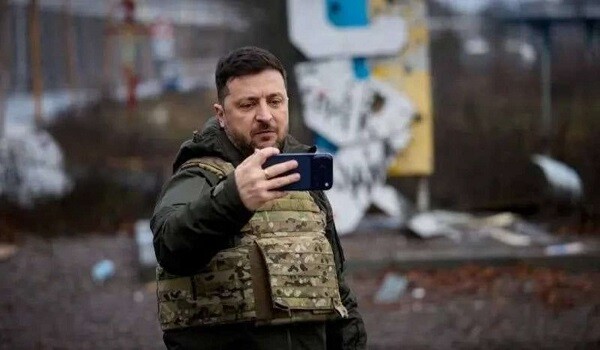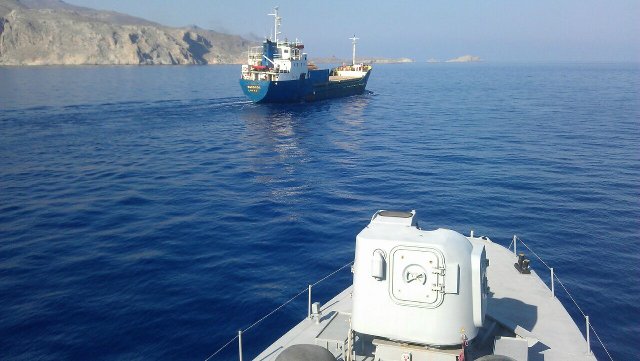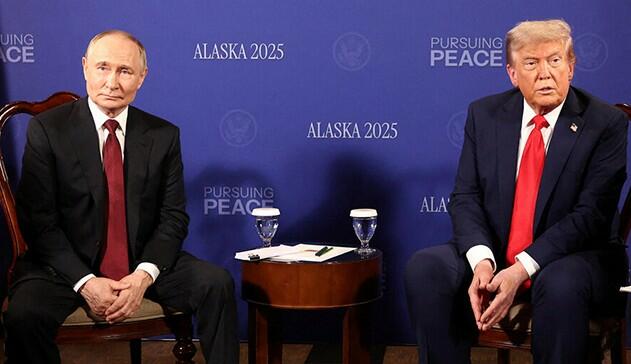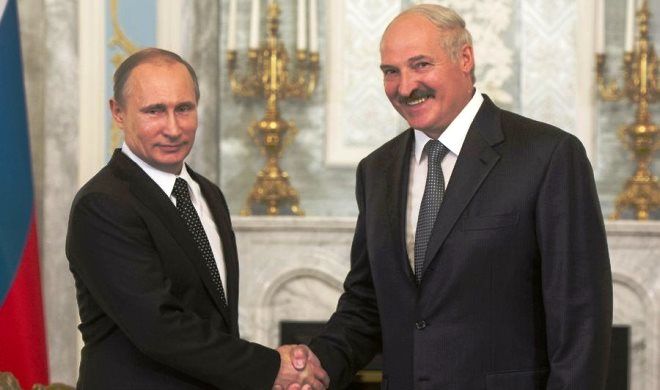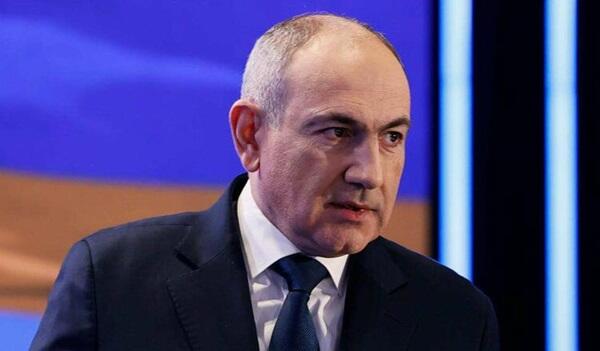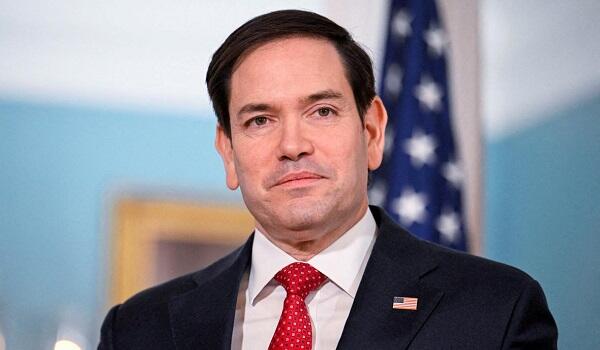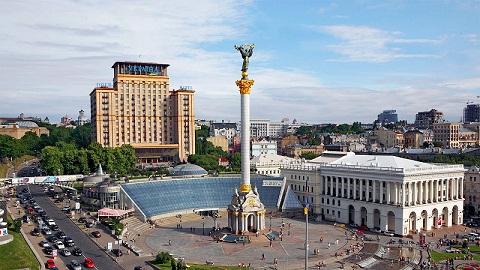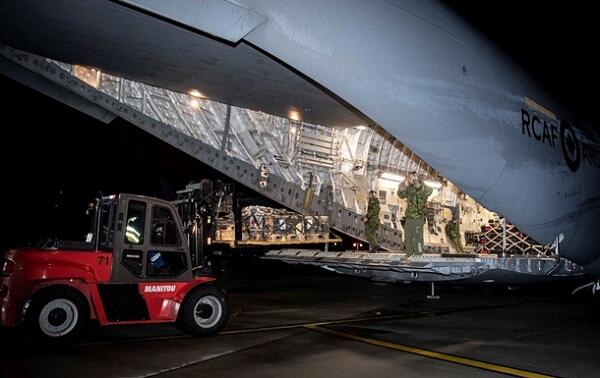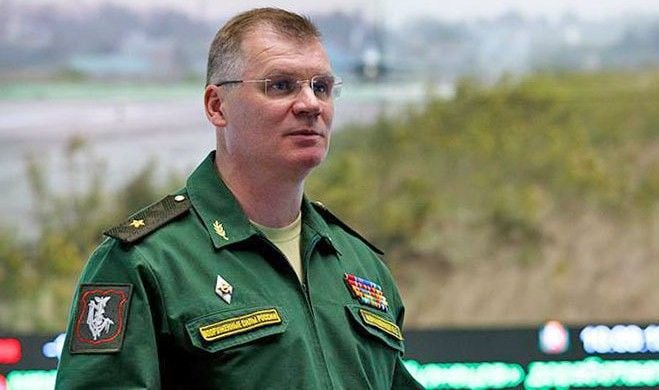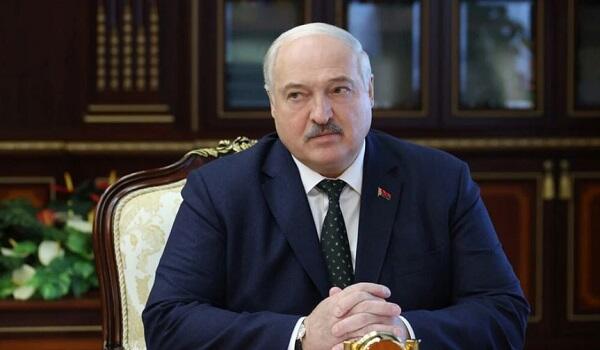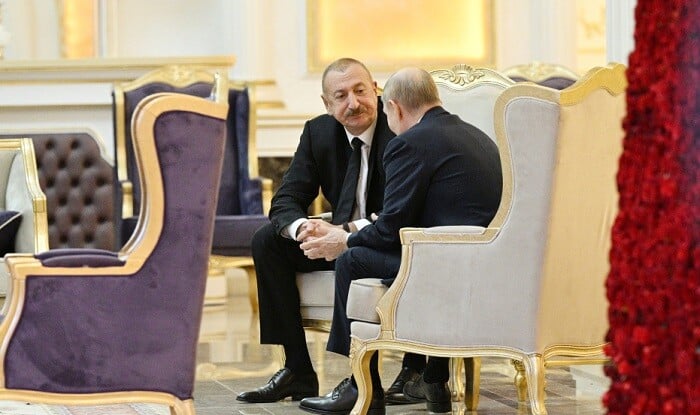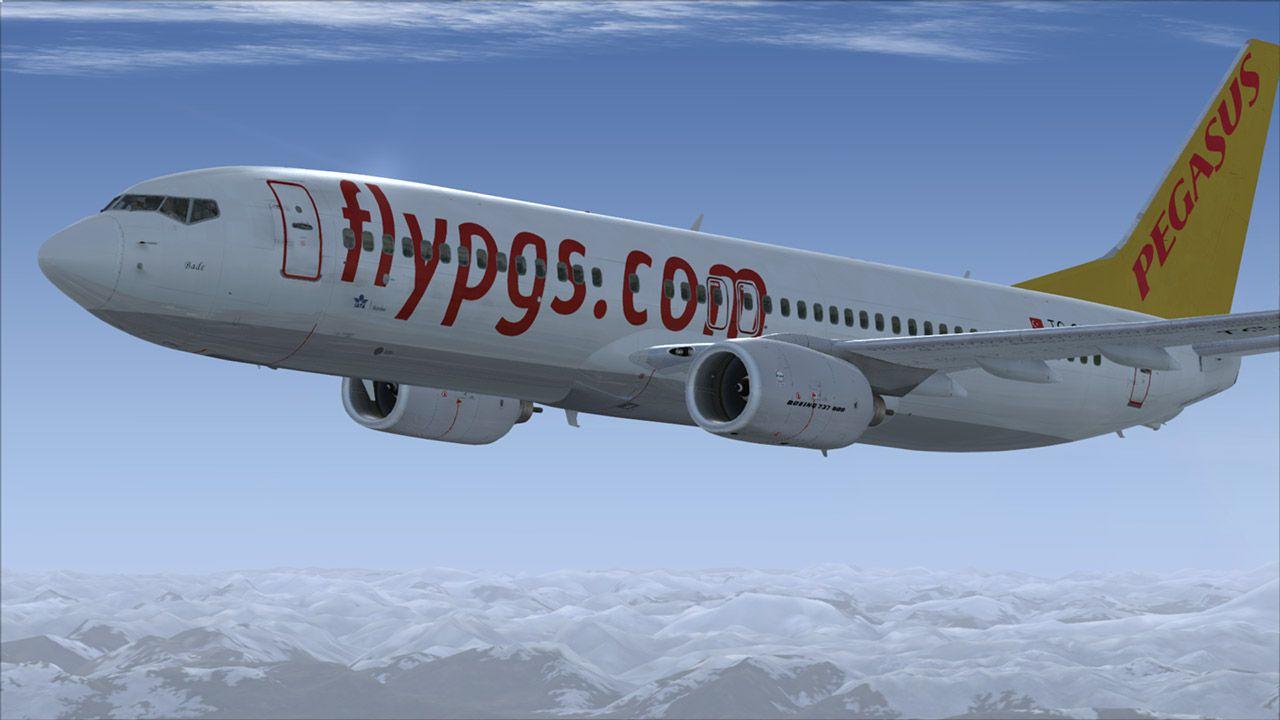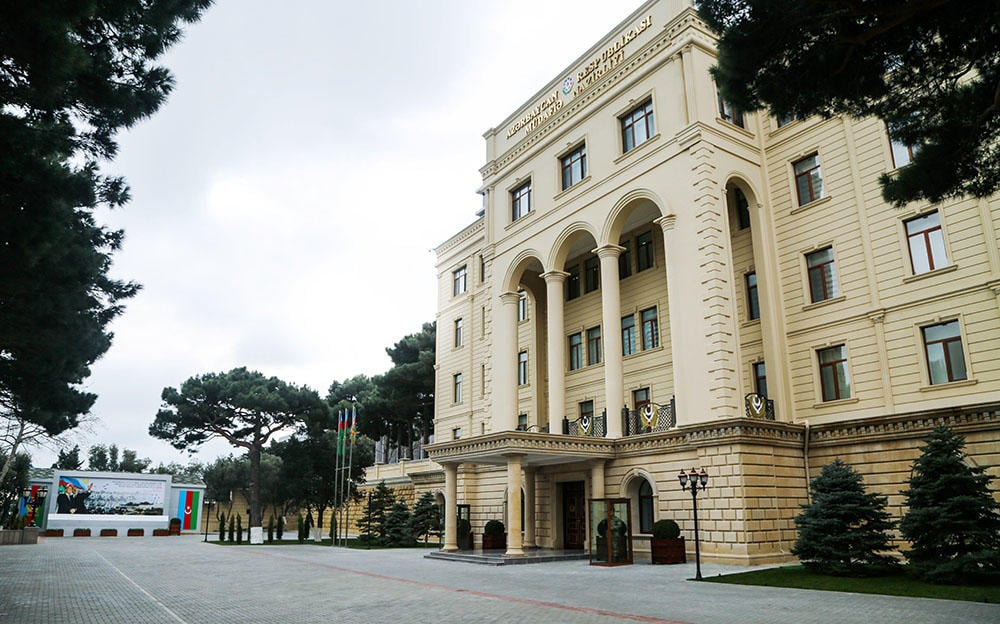Axar.az presents the article "The Jamestown Foundation is wrong: Russia & Iran won't block Trans-Caspian trade routes" by American political analyst Andrew Korybko.
The Jamestown Foundation's Paul Goble published an analysis on 18 February for Volume 18, Issue 28 of his organization's Eurasia Daily Monitor dramatically claiming that “Growing Azerbaijani-Central Asian Ties Likely To Trigger Conflicts With Russia And Iran”. His prediction is predicated on the speculation that both of those countries feel uncomfortable with Azerbaijan serving as the crucial node for expanding preexisting East-West trade routes across the Caspian. In his mind, their joint naval drills in the Caspian Sea last October were a sign of their displeasure with this emerging geo-economic reality. With time, Mr Goble prognosticates, they might translate their military capabilities into action unless they're invited to participate in this corridor.
This prediction is patently incorrect for several significant reasons that will now be addressed. The first is that Russia and Iran don't have any serious regional coordination to speak of, not even in Syria. About the Arab Republic, Russia's 2015 deconfliction agreement with Israel has seen the Eurasian Great Power stand aside every time Tel Aviv bombs the IRGC and Hezbollah in Syria. This over half-decade-long policy has eroded regional trust between Russia and Iran even though the two thankfully haven't let their differences of outlook in that third country interfere with their bilateral relations, which continue to improve. Mr Goble argues that they'd coordinate hostile military action in the Caspian Sea, but this is totally unrealistic.
While he's correct in pointing out that the expansion of East-West trade routes through the Caspian Sea might not be the regional outcome that they'd prefer, both of them won't resort to any military or other means to obstruct this. The costs are way too high to seriously countenance doing so. Any act of aggression by either of them against their maritime neighbours would immediately provoke a security crisis with far-reaching strategic implications. Russia's “Greater Eurasian Partnership”, its official policy of engagement with the supercontinent, would be dead in its tracks while Iran would find itself more isolated than ever before. Not only that, but their victims and their partners wouldn't ever trust trading with them. After all, trade is voluntary, not coerced.
The greatest problem with Mr. Goble's prediction is that he assumes that Russia and/or Iran will translate their military capabilities into action despite there being no objective evidence that such a plan is being considered. Trade corridors that avoid those two countries are being pioneered because of two reasons: sanctions and competitiveness. The first refers to US-led economic pressure on both of them that's intended to influence their governments to make unilateral policy concessions on issues such as Crimea and nuclear energy, respectively. The second, meanwhile, concerns others' perception that the costs (both sanctions-related and otherwise) of transiting through their territories en route to their eventual destination are more than the expected benefits.
To elaborate a bit more on that observation, even if there weren't any sanctions involved, some commercial actors might wonder what exactly of value would be added by passing their products through those countries on what might ultimately be a longer route for some traders than the Central Asian-Caspian shortcut through the Eurasian Heartland. In other words, there's a perception (whether right or wrong) that their economies lack the competitiveness needed to incorporate themselves into the emerging East-West trans-Eurasian value chain. Apart from that, even if they were able to obtain the competitiveness that some economic actors desire, the latter might still continue utilizing the trans-Caspian corridor in order to avoid over-reliance on any one route.
From the Russian and Iranian perspectives, the solutions are obvious, and they don't involve any military dimension. Those countries must ensure that the sanctions are lifted and/or that the benefits of other economic actors incorporating them into their transcontinental trade corridors outweigh the costs by seeing to it that transit through their territories adds enough value to each party to make this possible. By improving their own competitiveness, which is what the economic trend that Mr Goble identified should ideally inspire them to do, Russia and Iran can become valuable participants in trans-Caspian trade. Even if they fail to do that, however, it's unrealistic to predict that they'd resort to military force to sabotage that corridor.
